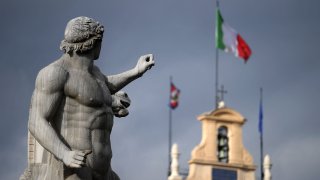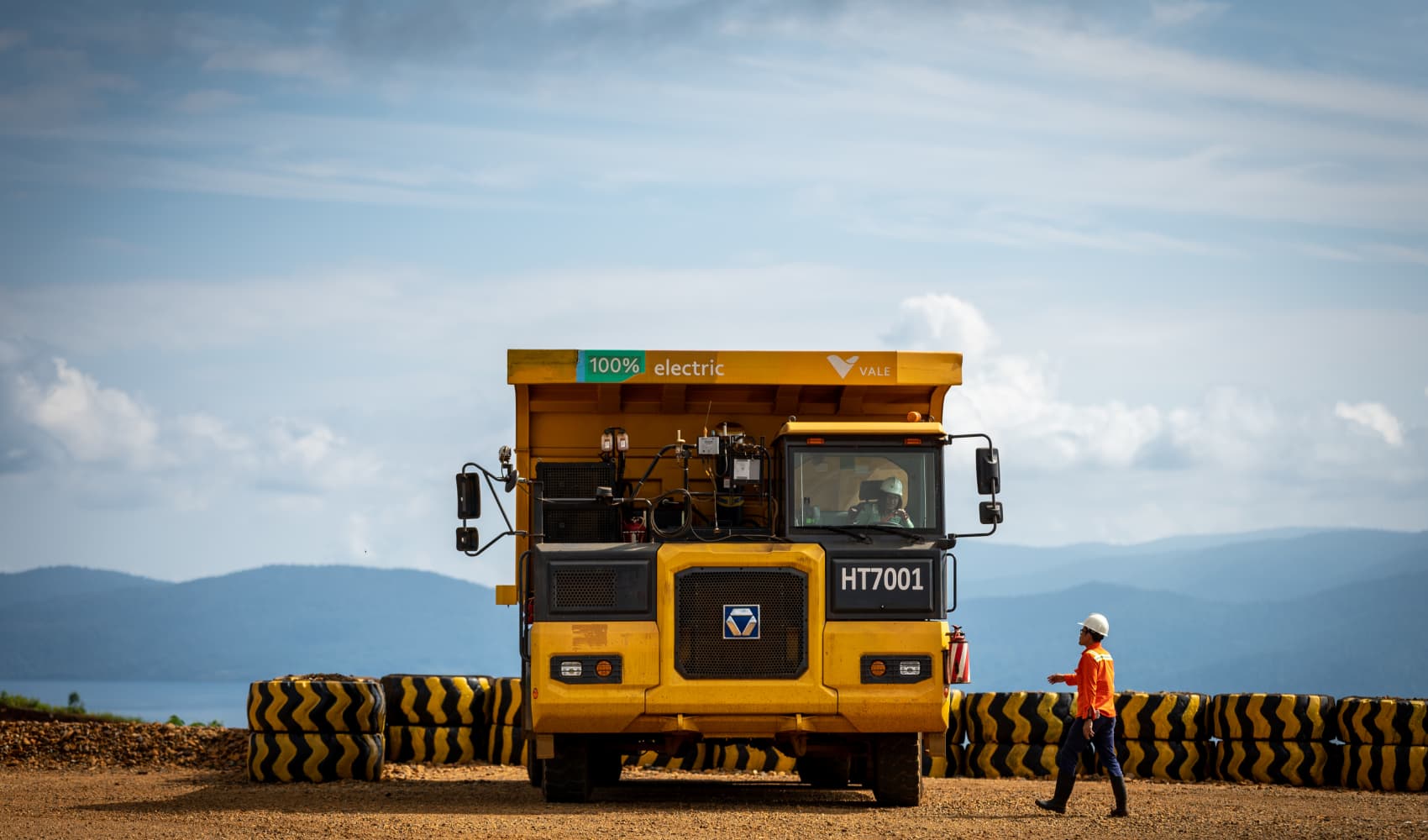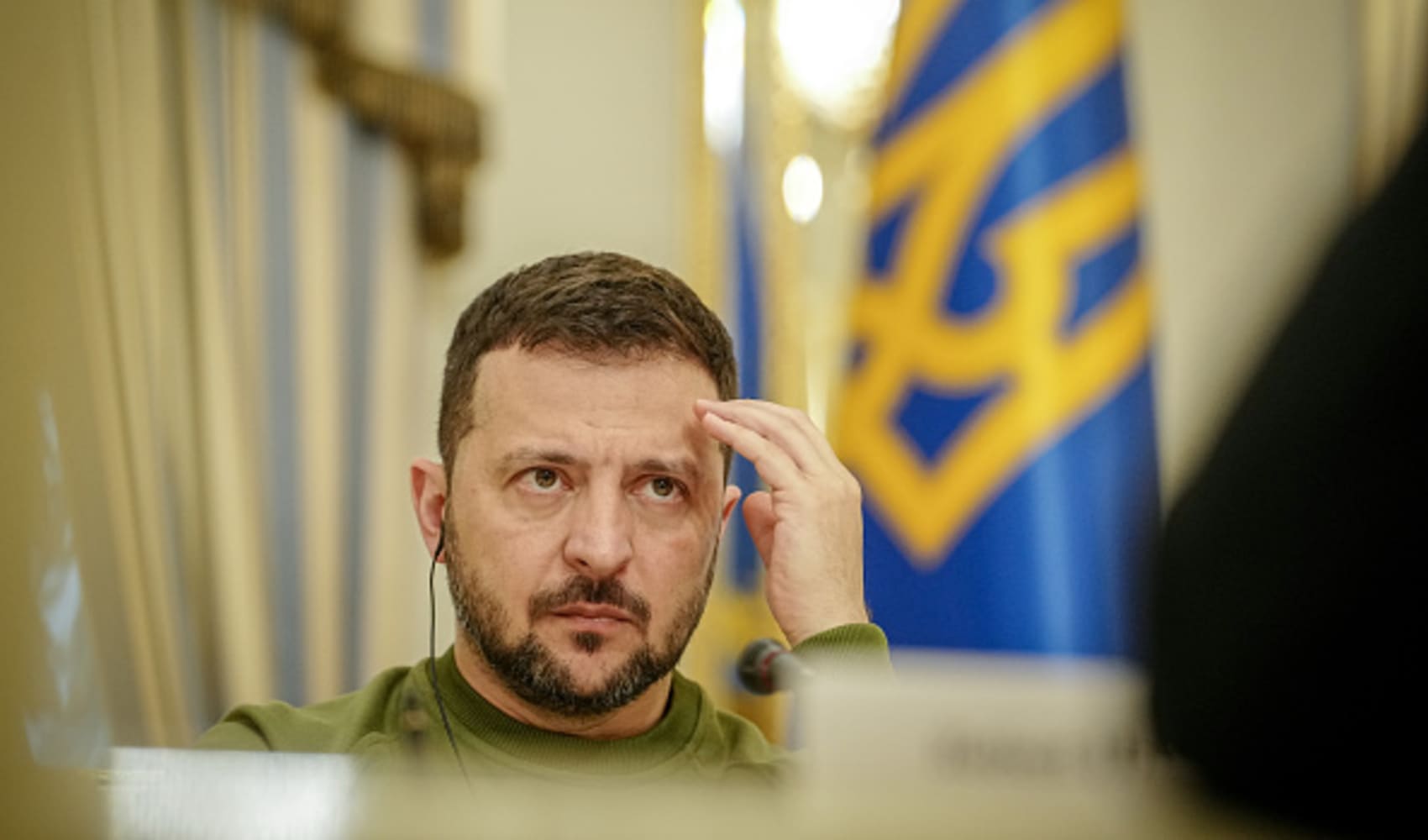
- A secret ballot to elect Italy's next president begins on Monday — with Prime Minister Mario Draghi among the favorites.
- The vote comes ahead of what's likely to be an intense and contentious period of reform in Italy.
- Veteran politician and business magnate Silvio Berlusconi dropped out of the presidential race at the weekend.
A secret ballot to elect Italy's next president begins on Monday — with Prime Minister Mario Draghi among the favorites to take up the seven-year post at the presidential palace.
The vote comes ahead of what's likely to be an intense and contentious period of reforms in Italy, however, and a number of lawmakers want Draghi to remain in the premiership to oversee the structural changes necessary to unlock much-needed EU funds.
If Draghi does become president, however, someone has to fill his prime ministerial shoes, leading to a possible snap election if the current coalition falls apart before 2023, when parliamentary elections are due in any case.
Feeling out of the loop? We'll catch you up on the Chicago news you need to know. Sign up for the weekly Chicago Catch-Up newsletter here.
Veteran politician and business magnate Silvio Berlusconi dropped out of the presidential race at the weekend, with the four-times former prime minister telling supporters to "give up" viewing him as a contender.
The 85-year-old had been trying to convince lawmakers to throw their support behind his bid to replace current President Sergio Mattarella, but the country's center-left bloc opposed his appointment, saying he was not impartial enough to take on the largely ceremonial, but symbolically important, role.
More than 1,000 Italian lawmakers and regional representatives will begin casting their votes for a new president on Monday, in a complex and mysterious process that's likely to include several rounds of voting.
Money Report
A candidate has to receive a majority to win. In the first three rounds of voting, a two-thirds majority is required to win; from the fourth round, a simple majority of 505 votes will suffice.
It's rare for a president to be elected in the first rounds given the required two-thirds majority. As such, the process is expected to last a few days, with a winner likely to be announced before the end of the week.
The race is currently wide open, with competing political factions supporting and opposing the main contenders, including Draghi.
While he is seen to be a favorite, the lawmakers and representatives can nominate anyone (well, almost anyone — the candidate has to registered to vote, over 50 years old and not barred from holding public office) for the role, and it's by no means certain that he will be elected.
Many lawmakers have said they would prefer Draghi to remain as premier given his track record in office; Draghi is the former head of the European Central Bank and his leadership has steadied Italy's political establishment, which is notorious for its instability and frequently-changing government. It has also given investors confidence in the country's debt-laden economy.
Draghi "certainly is the most prominent name out there and one that gets the support from a lot of different individuals from across the parties," Anna Rosenberg, head of Europe and the U.K. at Signum Global Advisors, told CNBC Monday.
"He's the only one that has so far been able to hold together a very complex coalition ... However, there are a lot of political interests there that are not in favor of Draghi. So Draghi coming out on top here is not a foregone conclusion."
Reforms and political bickering
One reason that Draghi himself might want to move post (and perhaps a reason why others want him to remain as premier) is that Italy has to implement scores of structural reforms before 2026 in order to receive billions of euros worth of EU recovery funds.
"There is a reason why Draghi wants to move out of his prime minister and wants to become president and of course he hasn't said it that clearly ... and one of the reasons is that he doesn't want to be bogged down with the political bickering that is about to start," Rosenberg said.
"We're heading into elections now, no matter what happens, in 2023 and so now is the time for things to get really political. There are quite crucial reforms that are waiting for Italy and those are going to be contentious."
She noted that reforms on public procurement processes, fiscal issues, teachers' salaries and competition rules could all be contentious reforms that lead to political conflict.
"Draghi in or Draghi out, it's going to be an intense period of political bickering, whoever sits in the [presidential] palace and whoever is the prime minister." She said that Italy has no option but to implement the reforms, and should manage to implement most, because the country needs the EU funds.
Gianfranco Pasquino, an Italian political scientist and professor at the University of Bologna, told CNBC that if Draghi is elected, Italian politics will face more instability.
"There is no precedent. No previous prime minister has ever become president of the Republic and if Mario Draghi becomes president there will be the problem of creating a new government and this will be a very complex problem," he told CNBC's Squawk Box Europe on Monday.
"A government crisis would be very bad at this point in time because we're trying to produce the projects to get the European money, the European funds."
While political uncertainty is hardly new in Italian politics, Pasquino said, the presidential choice was particularly tricky this time. "It's a difficult situation at this point even for him [Draghi] personally. What is best for the country — for him to be president of the Republic or for him to continue as prime minister?"






